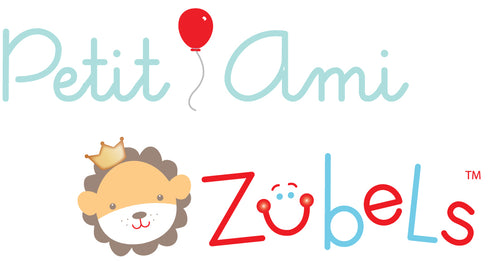
ZUBELS - WHY SOFTS DOLLS VS PLASTIC ?
-
Environmental impact: Cotton toys are generally considered more environmentally friendly than plastic toys. Cotton is a natural, biodegradable material, whereas plastic is derived from petroleum and often takes hundreds of years to break down. By opting for cotton toys, you can reduce your carbon footprint and contribute to a more sustainable future.
-
Safety: Cotton toys are often perceived as safer than plastic toys, especially for young children who may put toys in their mouths. Plastic toys can contain harmful chemicals such as phthalates and BPA, which have been linked to various health issues. Cotton toys, on the other hand, are free from these chemicals and pose fewer risks to children's health.
-
Durability: While plastic toys are typically more durable than cotton toys, cotton toys can still be quite durable if they are well-made and properly cared for. Additionally, cotton toys can often be machine washed, making them easier to clean and maintain than plastic toys, which may require special cleaning methods to avoid damage.
-
Sensory experiences: Cotton toys offer a different sensory experience compared to plastic toys. They are often softer and more tactile, which can be beneficial for children's sensory development. Cotton toys can also come in a variety of textures and colors, providing opportunities for sensory exploration and stimulation.
-
Supporting local artisans: Many cotton toys are handmade by local artisans, which can provide economic support to communities and contribute to the preservation of traditional crafts. By purchasing cotton toys, you can support small businesses and help sustain traditional craftsmanship practices.
Overall, the choice between cotton toys and plastic toys ultimately depends on individual preferences and priorities. However, for those concerned about environmental impact, safety, and supporting local communities, cotton toys may be the preferred option.




